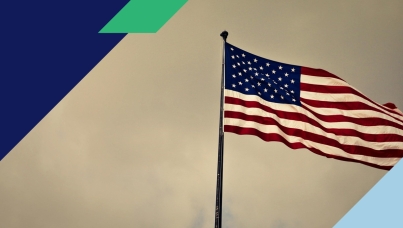How U.S. tariffs set social media on fire around the world
President Donald Trump’s threat of substantial new U.S. tariffs on the rest of the world triggered a massive response on social media – and international conversation was overwhelmingly negative, according to data from the Ipsos Synthesio AI-powered social intelligence platform.
Across languages, continents and social platforms, conversations around tariffs grew more than 600% between April 1 and April 3, and have remained elevated since. And the tone of the conversation is clear, according to Synthesio’s AI-powered sentiment analysis: 79% of mentions have been negative, with only 6% positive and 15% neutral.
Trump said he paused his threat of substantial “reciprocal” tariffs because of the instability of the financial markets, saying that “people were jumping a little bit out of line. They were getting yippy.” And Synthesio data shows that much of the conversation around tariffs on Reddit came from subreddits focused on the stock market; four of the top 10 subreddits discussing tariffs were stock market-related: r/wallstreetbets, r/stocks, r/stockmarket, and r/economics.
The main concerns in the conversation were economic: the stock market crash, returning to inflation, looming recession and price increases had the most conversation volume. Interestingly, “insider trading accusations,” followed, even ahead of “attack on global trade.”
In terms of the sectors impacted, conversations were strongest on the auto sector, where tariffs are not being paused and price increases can already be seen in the markets. Consumer electronics, food and beverage and retail and consumer goods followed.
This phenomenon is an excellent example of how consumer sentiment data often parallels the real world, said Adrien Pichot, Associate Client Service Director at Ipsos Synthesio.
“Social listening data is a key part of every company’s toolkit, it doesn’t always have a direct, measurable correlation to another index. But with the conversation around tariffs, we can see how consumer sentiment on social media directly paralleled what was happening on Wall Street,” Pichot said. “Companies looking to stay on top of consumer sentiment should make sure they’re closely watching social media to ensure they’re not left behind in conversations that can change by the minute.”



